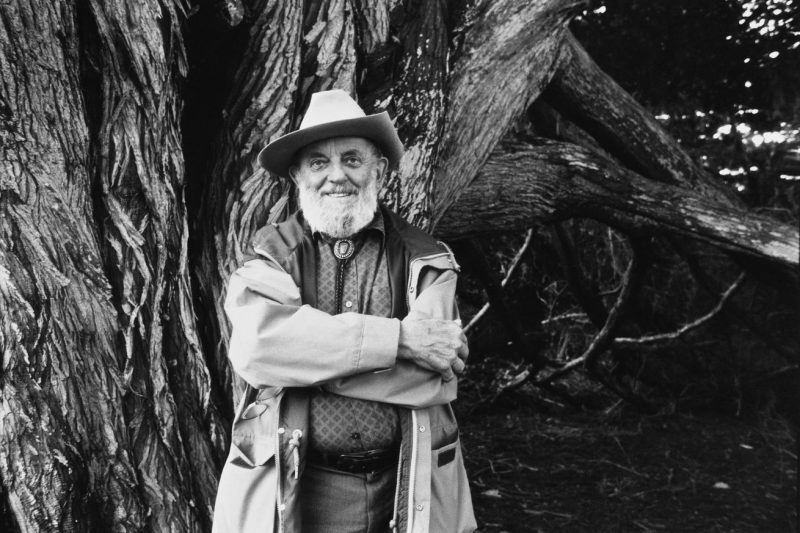In a recent turn of events, Adobe, the renowned software company for digital creativity, has faced criticism for selling Ansel Adams-style images produced by artificial intelligence (AI). This controversial move has sparked debates within the photography and creative communities regarding the boundaries of machine-generated artwork and the ethical implications of replicating a master’s style through AI technology.
Many argue that the act of selling AI-generated images in the style of Ansel Adams, a celebrated nature photographer known for his black-and-white landscape photographs, raises concerns about authenticity and artistic integrity. Ansel Adams’ work is revered for its unique vision, technical precision, and emotive quality, making it a hallmark of the photography world. By commercializing AI-generated images that mimic Adams’ style, some feel that Adobe is devaluing the craft and artistry that define authentic photography.
Furthermore, the commodification of AI-generated images in the style of a renowned artist like Ansel Adams raises questions about intellectual property rights and the ethical use of technology in creative fields. While AI can certainly aid artists in exploring new styles and techniques, the issue arises when such technology is used to replicate and profit off the distinctive artistic signatures of iconic figures like Ansel Adams.
On the other hand, supporters of Adobe’s initiative argue that AI-generated images in the style of Ansel Adams can be seen as a form of homage or artistic exploration rather than a direct imitation or replacement of the master’s work. They believe that AI technology offers new possibilities for creative experimentation and can serve as a tool for artists to push the boundaries of traditional art forms.
However, the crux of the debate lies in the delicate balance between technological innovation and artistic integrity. While AI has undoubtedly revolutionized the creative process and opened up new avenues for artistic expression, the ethical implications of using AI to replicate iconic styles and sell them for profit cannot be ignored.
In response to the backlash, Adobe has stated that the AI-generated images are intended to inspire creativity and provide users with a starting point for their own artistic endeavors. They emphasize the importance of crediting the original artists and maintaining transparency about the AI-generated nature of the images.
Moving forward, this controversy serves as a reminder of the ethical considerations that accompany advancements in technology and the importance of preserving the authenticity and integrity of artistic expressions. As AI continues to revolutionize the creative landscape, it is crucial for companies like Adobe to navigate the complex intersection of technology, art, and ethics with sensitivity and respect for the legacy of iconic artists like Ansel Adams.

